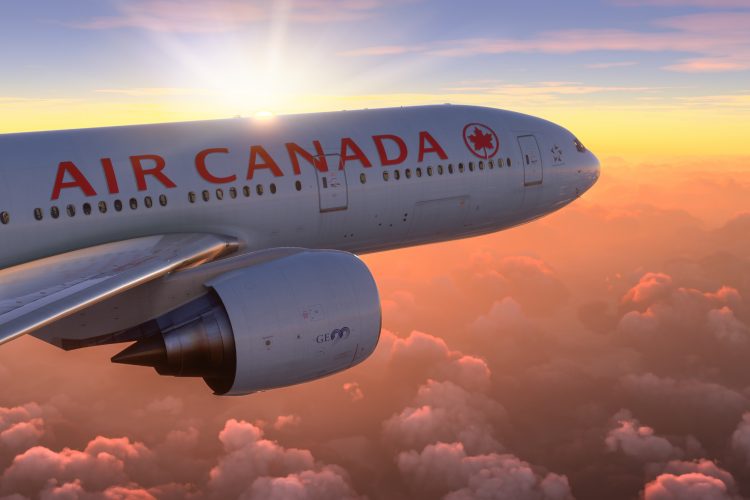Air Canada updates goodwill policy to cover expenses as operations near full schedule
Posted: 22 August 2025 | Gabriel Higgins | No comments yet
Air Canada expands its goodwill policy, offering reimbursement for accommodation, meals, and transport to customers impacted by disruptions between 15 and 23 August.


UPDATE: 22/08/2025
Air Canada is restoring operations and expects to deliver nearly its full network schedule by Friday, 22 August. The airline has updated its goodwill policy to cover reasonable accommodation and out-of-pocket expenses for customers affected by the recent labour disruption. The policy applies to those whose travel was disrupted between 15 and 23 August 2025 and builds on the flexible rebooking measures introduced earlier.
“Air Canada’s 40,000 coworkers, with their exceptional commitment and expertise, have allowed us to restore operations ahead of plan. We now expect to be operating very close to our normal schedule tomorrow. We deeply apologise to all customers whose travel plans were disrupted, and we’re committed to making things right for all customers — particularly those who were stranded during their trip. Earlier this week, we put in place a special commitment to reimburse out-of-pocket transportation costs, including on other airlines, rail, ground or ferries. Today, we are taking another step forward, delivering with our policies to make things right. This updated plan includes reimbursement for reasonable accommodation, meals, necessary transportation and other costs,” said Mark Nasr, Executive Vice President and Chief Operations Officer at Air Canada.
Join our free webinar: Revolutionising India’s travel experience through the Digi Yatra biometric programme.
Air travel is booming, and airports worldwide need to move passengers faster and more efficiently. Join the Digi Yatra Foundation and IDEMIA to discover how this groundbreaking initiative has already enabled over 60 million seamless domestic journeys using biometric identity management.
Date: 16 Dec | Time: 09:00 GMT
rEGISTER NOW TO SECURE YOUR SPOT
Can’t attend live? No worries – register to receive the recording post-event.
The special travel expense policy covers hotel stays, meals, ground transport and other reasonable costs for disrupted customers and their travelling party. Claims must be supported with receipts and submitted via Air Canada’s customer relations portal. Processing may take four to six weeks due to volume.
The flexible rebooking policy continues, reimbursing customers who booked alternative transport if Air Canada could not rebook them promptly. Eligible claims include flights on other airlines in the same or lower cabin, or reasonable alternate travel such as bus, ferry or car.
Further details are available at www.aircanada.com/action.
Stay Ahead in Aviation — Subscribe for Free!
Get exclusive access to the latest aviation insights from International Airport Review — all tailored to your interests.
✅ Expert-Led Webinars – Learn from industry leaders
✅ Weekly News & Reports – Airport updates, thought leadership, and exclusive interviews
✅ Event Invitations – Be part of the International Airport Summit
✅ Partner Innovations – Discover the latest industry trends
Choose the updates that matter most to you. Sign up now and stay informed, inspired, and connected — all for free!
Thank you for being part of our community. Let’s keep exploring the future of aviation together!
Stay Connected with International Airport Review — Subscribe for Free!
Get exclusive access to the latest airport and aviation industry insights from International Airport Review — tailored to your interests.
✅ Expert-Led Webinars – Gain insights from global aviation leaders
✅ Weekly News & Reports – Airport innovation, thought leadership, and industry trends
✅ Exclusive Industry Insights – Discover cutting-edge technologies shaping the future of air travel
✅ International Airport Summit – Join our flagship event to network with industry leaders and explore the latest advancements
Choose the updates that matter most to you.
Sign up now to stay informed, inspired, and connected — all for free!
Thank you for being part of our aviation community. Let’s keep shaping the future of airports together!
Related topics
Accidents and incidents, Airlines, Economy, Operational efficiency, Passenger experience and seamless travel, Passenger volumes, Regulation and Legislation, Risk Management Solutions, Safety, Workforce


















